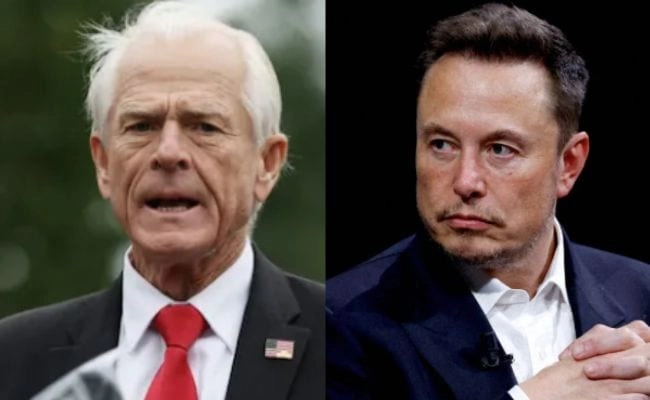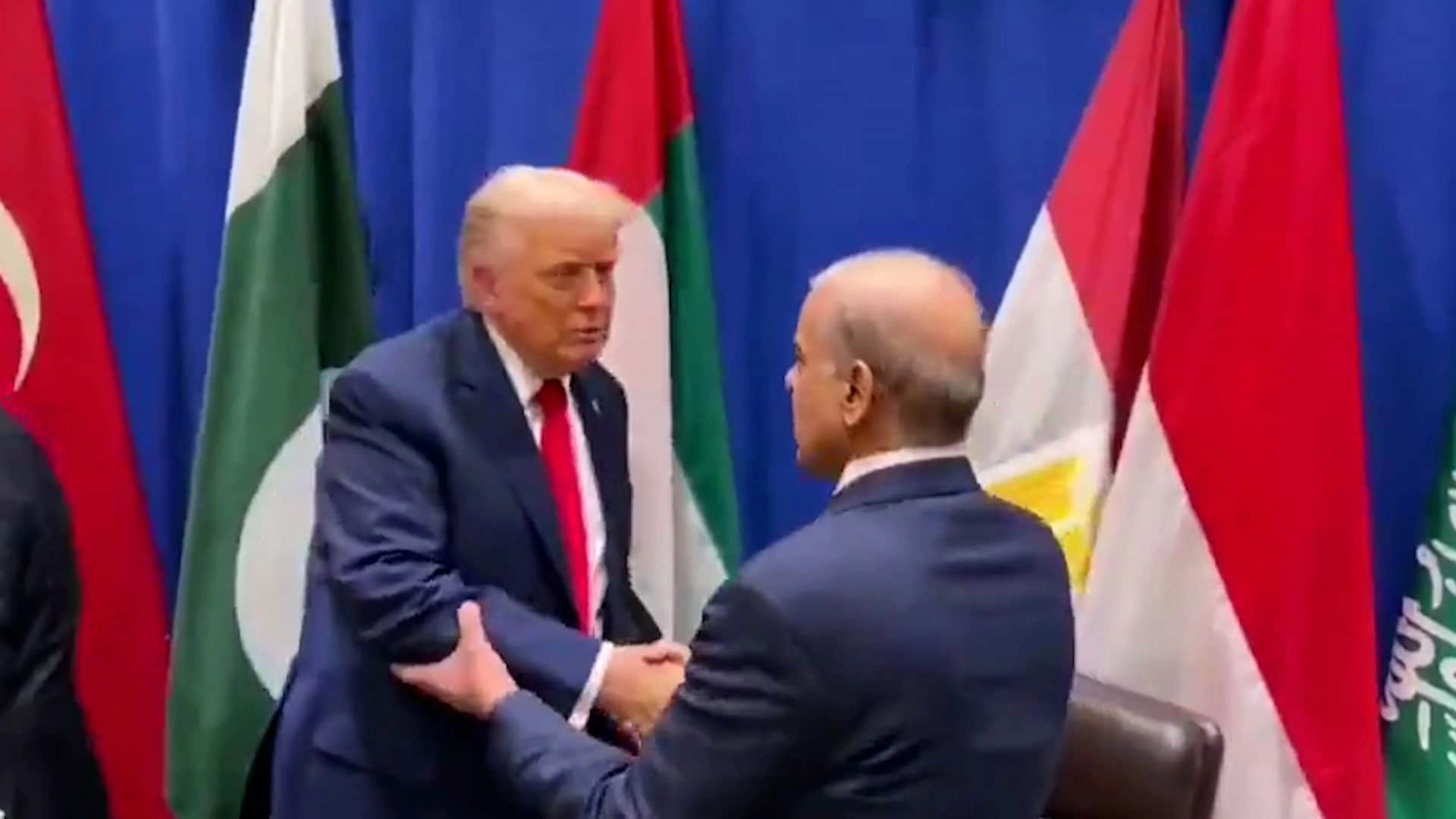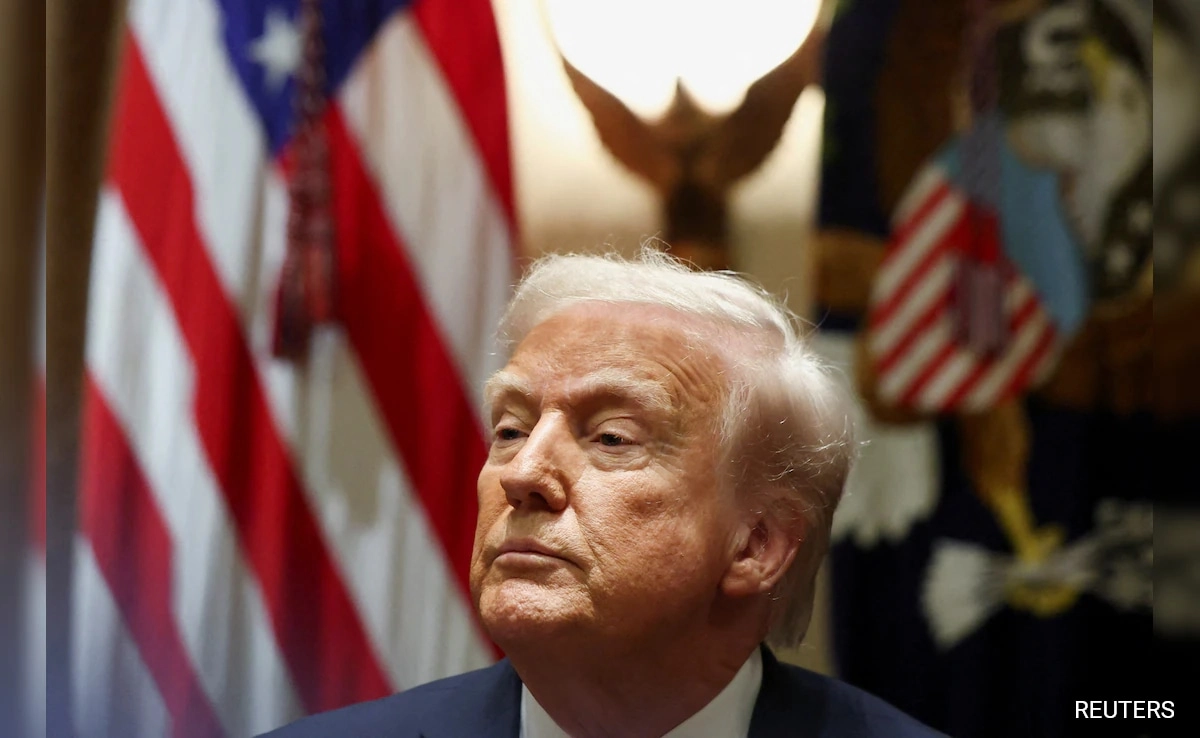Elon Musk recently made headlines when he addressed a situation involving a fact-check conducted by X, the platform he owns, on a post made by a Trump aide that contained anti-India sentiments. This incident has sparked discussions about the responsibilities of social media platforms in moderating content, especially when it involves political figures and sensitive international issues. Musk’s statement, “You hear all sides,” emphasizes his belief in the importance of free speech and open dialogue, even when it involves controversial or polarizing viewpoints.
The fact-checking of the Trump aide’s post raises questions about the balance between allowing free expression and ensuring that misinformation does not spread unchecked. Musk’s approach suggests a commitment to fostering a platform where various perspectives can be shared, but it also underscores the challenges that come with that commitment. In a time when misinformation can have significant real-world consequences, the role of social media companies in curbing false narratives becomes increasingly critical.
This situation also reflects the broader dynamics of social media as a battleground for political discourse. The interaction between political figures and platforms like X illustrates the growing scrutiny that social media giants face in managing content that can influence public opinion and international relations. Musk’s comments signal his awareness of these complexities, as well as his intention to navigate them with a focus on transparency and open dialogue.
Ultimately, the incident serves as a reminder of the intricate relationship between social media, politics, and global affairs. As platforms continue to evolve, the challenge remains to strike a balance between promoting free speech and ensuring accountability in the information disseminated across their networks. Musk’s response to the fact-checking incident highlights the ongoing debate about how best to achieve this balance in an increasingly interconnected world.




